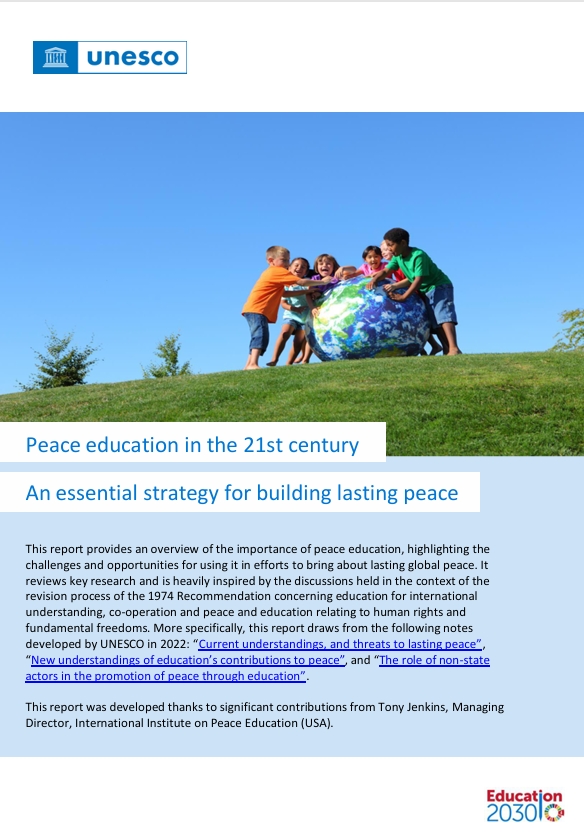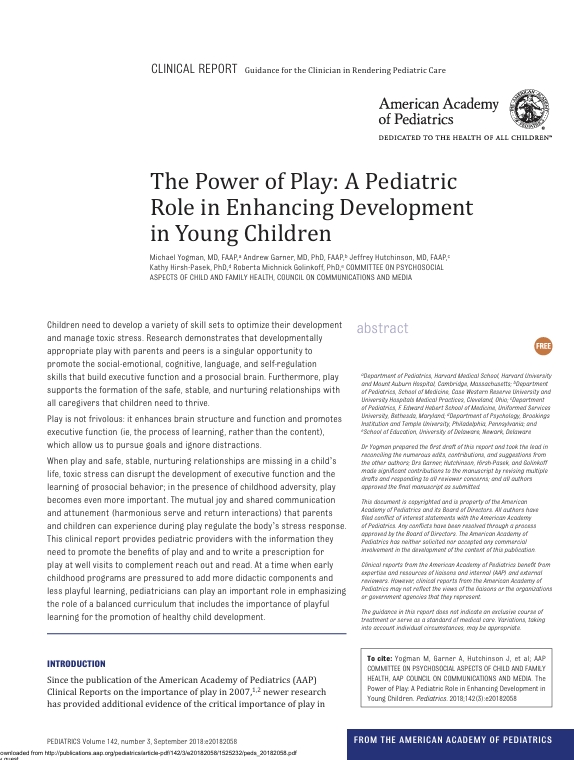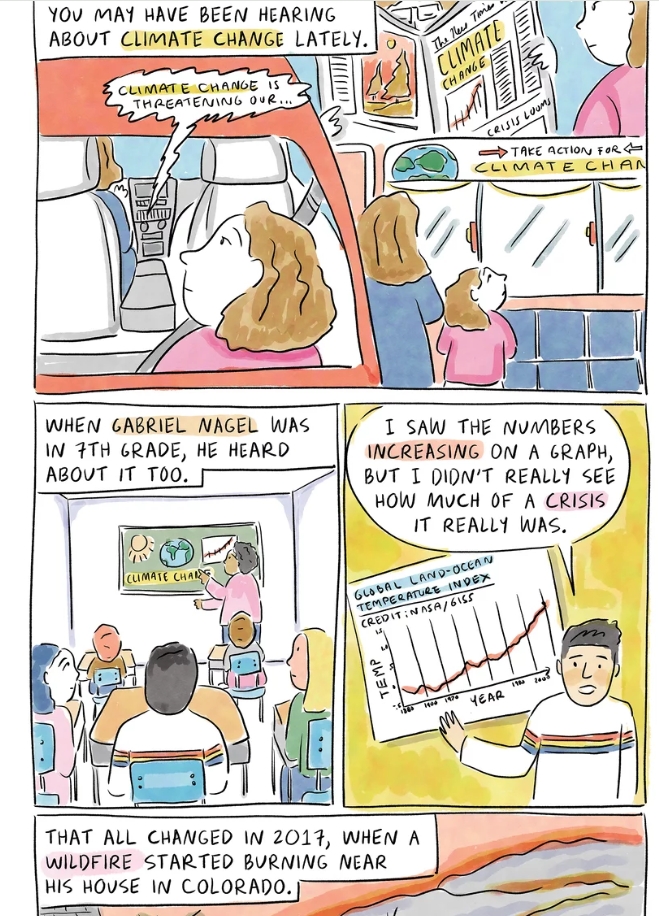The UNESCO report, “Education and the Green Transition: A Framework for Action”, focuses on the role of education in facilitating a transition towards sustainable development and environmental stewardship. Here’s a detailed summary:
1. Introduction
- Importance of Education: Education is crucial in driving the green transition by equipping individuals with the knowledge, skills, and values necessary to address environmental challenges and contribute to sustainable development.
2. Framework for Action
- Core Principles: The framework advocates for integrating environmental sustainability into all levels of education. It emphasizes the need for a holistic approach that includes policy development, curriculum reform, and teacher training.
- Key Areas of Focus:
- Policy Development: Governments and educational institutions should create and implement policies that promote sustainability and incorporate environmental education into national curricula.
- Curriculum Reform: Educational content should be revised to include sustainability concepts, climate change, and environmental protection. The curriculum should foster critical thinking and problem-solving skills related to environmental issues.
- Teacher Training: Teachers need to be trained to deliver environmental education effectively and to incorporate sustainability principles into their teaching practices.
3. Implementation Strategies
- Partnerships and Collaboration: Effective implementation requires collaboration among governments, educational institutions, civil society, and the private sector. Partnerships can facilitate resource sharing, innovation, and best practices.
- Monitoring and Evaluation: Establishing mechanisms for monitoring and evaluating the impact of educational initiatives on sustainability outcomes is essential. This includes setting clear goals, measuring progress, and making necessary adjustments.
- Community Engagement: Involving communities in the education process ensures that sustainability efforts are relevant and supported. Engaging with local stakeholders helps to address specific environmental challenges and promotes collective action.
4. Case Studies and Examples
- Successful Models: The report provides examples of successful initiatives that integrate environmental education into various educational settings. These case studies highlight innovative approaches and effective practices that can be replicated or adapted in different contexts.
5. Conclusion
- Call to Action: The report concludes with a call to action for all stakeholders to commit to integrating environmental education into their practices and policies. It emphasizes that education is a powerful tool for driving the green transition and achieving sustainable development goals.
Overall, the report underscores the critical role of education in supporting environmental sustainability and calls for comprehensive action to embed sustainability principles across educational systems.
Read More Full Text






